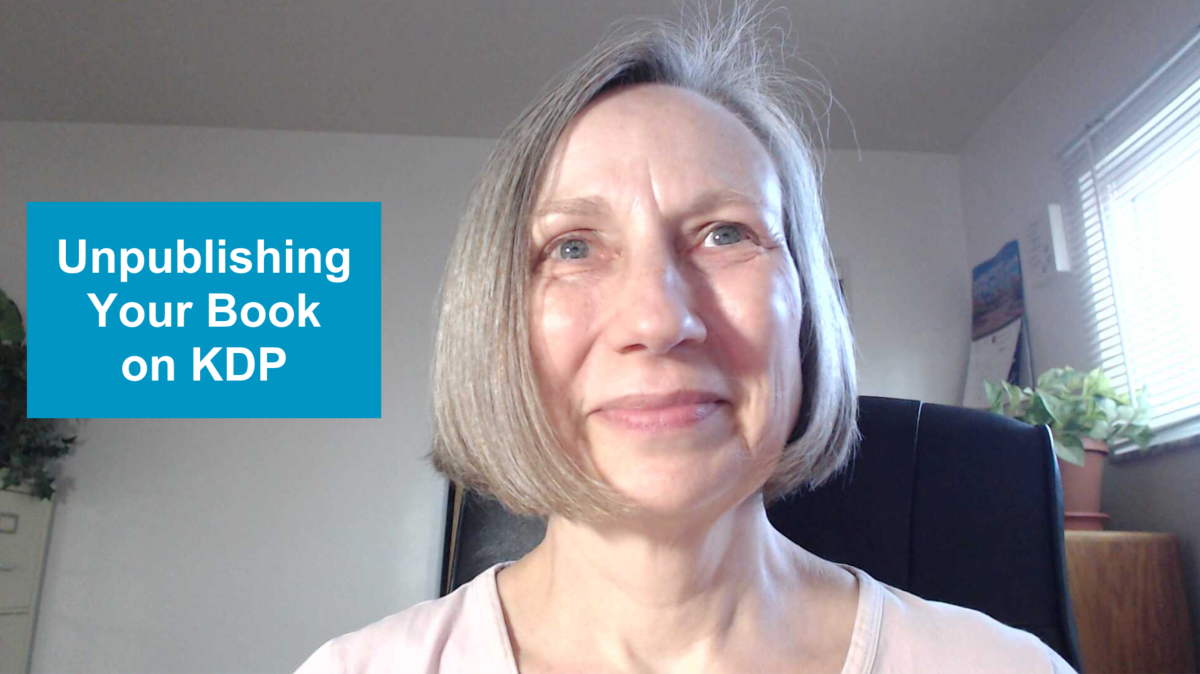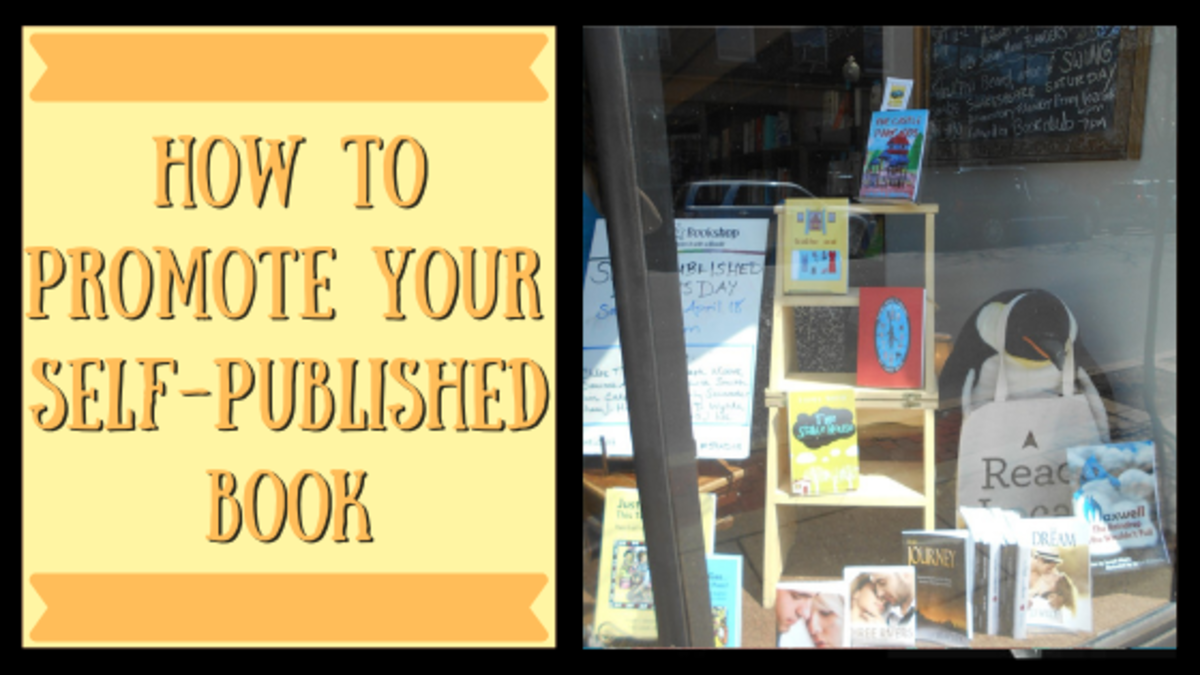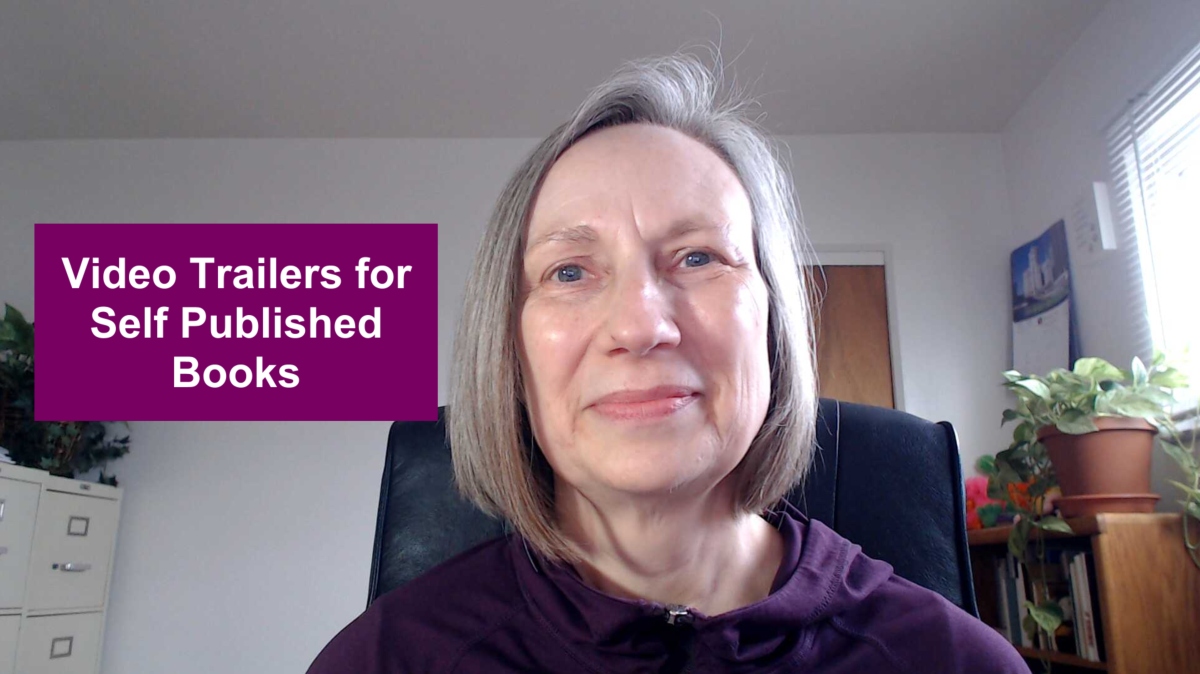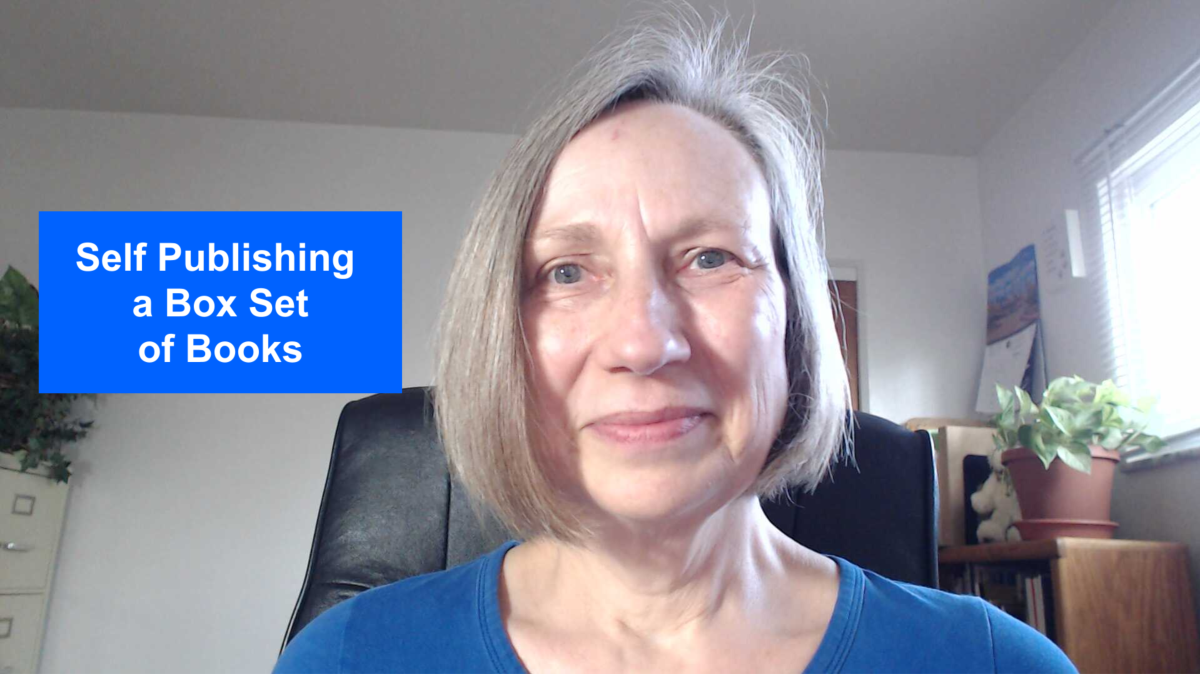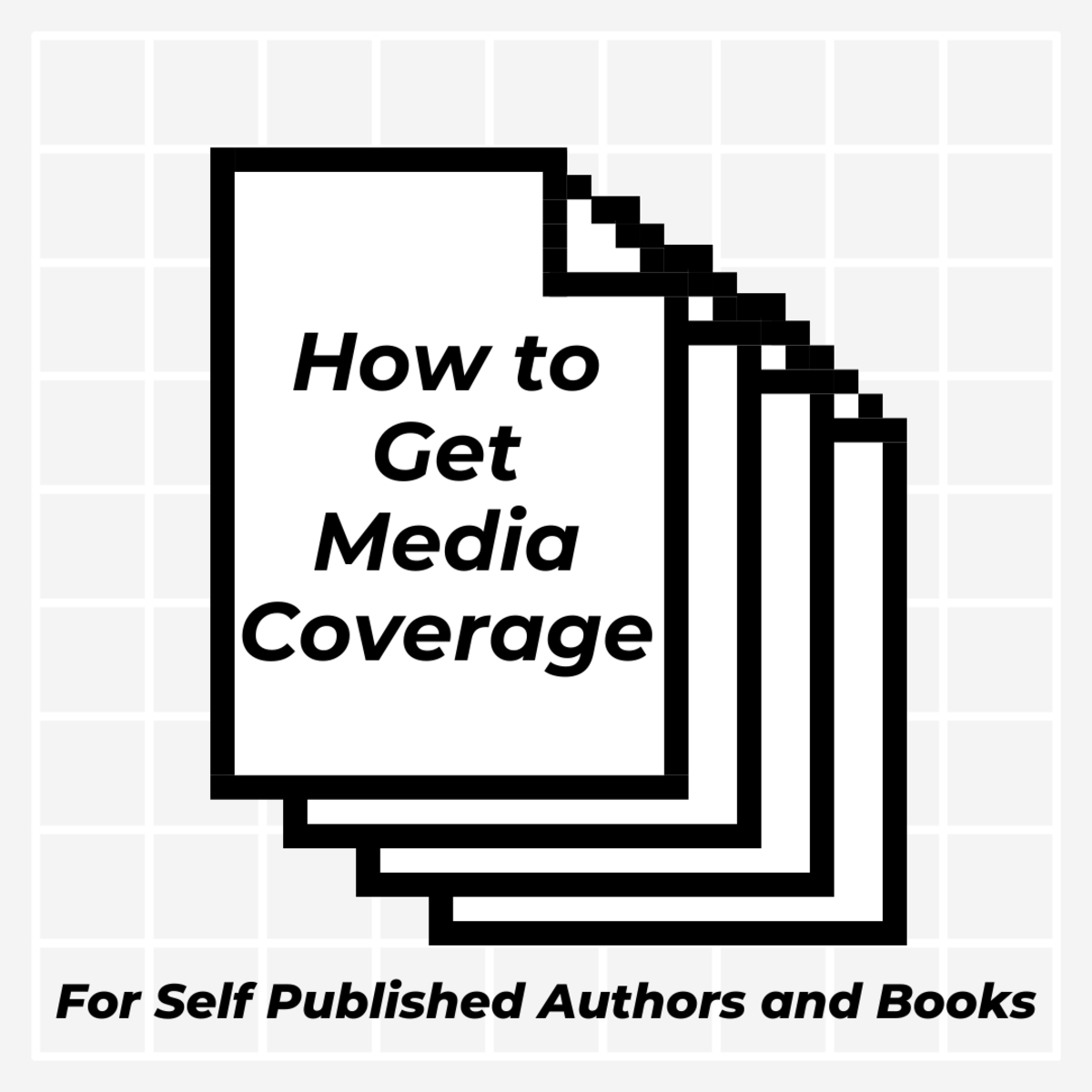- HubPages»
- Books, Literature, and Writing»
- Commercial & Creative Writing»
- Making Money as a Writer
A Subtle Madness: An Ulitmate Self Publishing Guide -Part One
7 Mistakes in Publishing A Book
Introduction
Are You Ready For A Challenge?
Not so long ago getting a book published was the single greatest accomplishment in a writer's life. I can still remember selling my first writing, a series of 150 character advertisements for a profit of $1.63. The money didn't matter, I was proud that my content won out against the others. While there was no byline, I was officially published, in my mind anyway. Nevertheless, the route to typeset is hard pressed (no pun intended). and scores of authors are so familiar with rejection letters they could tell by the weight of the envelope when they received one. An author probably had a better chance of winning the lottery than getting published.
Later, money, while always prevalent, became the main motivation. Bitter feuds, competition, politics, and shadow games were employed versus merit of story. While always its goal, the industry turned even more profit driven and started buying only the manuscripts that would promise highest returns. This gave to trends like Fantasy/Vampire romance books and the constant barrage of other copycat stories based on the most popular fiction of the day. So bad was the rate of manuscripts in certain overplayed genres that, at one point, publishers actually stated that automatic rejections for stories involving Vampires, Werewolves, Supernatural Romance, and any manuscript that even resembled 50 Shades Of Grey, would be sent along with the untouched manuscript. Believe it or not, many publishing firms, online especially, still use this.
Fast forward a few years later and it's a new game. The star player emerged when ebooks made it possible for just about anyone to become a published author. Many people have chosen this route and just as many have met difficulty or failure in its pursuit. The truth is; Self publishing is not easy. Many of the "Create-An-eBook" programs are either outdated, poorly developed or they lock you into a contract for using the step-by-step guided site. A lot of authors chose this route because it's the path of least resistance. Desktop publishing takes practice and sharp attention to detail, often the author does not have the time to invest, either they are writing or sometimes, they have a day job and kids that need that attention. There's more to the process than just changing a format, and one should have at least a basic understanding of code language, especially HTML, CSS and Java, oh, and not to mention cover design and formats besides ePub- like KF8 and iAuthor.
Afterwards comes the biggest trial, marketing. Which is an animal all of its own. Without proper education and at least entry level experience, it will be hard and frustrating endeavor. No worries, we will get to that topic in due time and you will be able to handle it and be negotiating deals before you know it. Well, you'll get hung up on a lot at first, albeit, just remember, if letter or call, rejection for an author finds them all.
Sorry. I couldn't resist. So, let's say that even if an author could handle all these tasks there is still the question of time and does the author have enough of it to commit?
Hiring a knowledgeable desktop or indie publisher is a wise investment. We usually have the experience from industry work, I was/am an editor for a publishing house for almost eight years, myself and others know all aspects of the process including marketing the ebook to the dozens of retailers online and off. They will also have the storage space, ISBN access, provide editing/proofreading services, make additions or corrections, and offer analytics of the progress and forecasting. A good Desktop Publisher is almost more of an agent and, while some can be expensive or out of an author's budget, there are plenty of us willing to work with you if we believe in the book.
No matter. Your mind is set on it - to self publish and no desk jockey is going to make you think otherwise! Alright, fair enough. Just, remember, you've been warned.
In this series, we will feature articles to help guide you through the process covering not only the steps, but, the software, the code language, and provide templates. Also, links to sites that can provide further education. While anything short of an actual classroom experience is no substitute for learning ePublishing, this and the following articles will provide towards at least a better understanding at least and I am always available for questions.
We will cover subjects like; final draft and what to do with it, preparation, software needed and reviews, code language, ePub and KF8 (Kindle) formats, ebook construction, covers, and marketing. This series will be an "Ultimate Guide" for ePublishers and contributors might be picked up along the way to add their knowledge.
Beyond that, online or live classroom training is the best route. Many desktop publishers, (clears throat) offer this as well.
For what it's worth, I hope this helps.
Amazon Publishing Logo
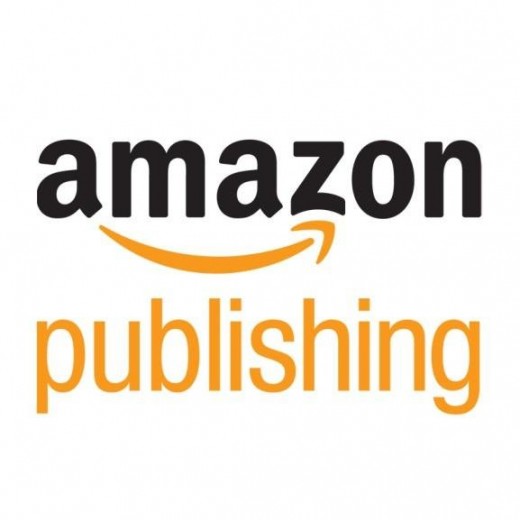
The Trial Begins
HOW DO YOU KNOW IF YOU SHOULD SELF PUBLISH?
An author has finished their manuscript and it's a great story. A Sci-Fi piece, 485 manuscript pages long, and it has tested well. The author is particularly proud of it, alas, they stand at a fork in the road. To the left is traditional publishing which, without a good agent, is all but impossible to break in to. Even if the author submits their manuscript, most likely it will be rejected the first time, especially if the author does not have a working knowledge of the industry. So, do your research! Learn all you can about the process and the lingo. Take some free courses on Lydia and master marketing and advertisement. The manuscript should be error free and with correct styling, however, that should be the extent of any editing done on it, it's not a good idea to submit a manuscript that's too clean.
Then, If the author is selected, begins the long process of editing to press. The editing/proofreading phase takes anywhere from two to four months and the printing process six months or longer. Now the author has a physical product, the publisher as well with money invested, and attitudes can change when selling a tangible product. It needs to sell and do well or there is going to be one unhappy publisher and one embarrassed author.
Thankfully there is an alternative to this passé method. Computer technology brings many amazing tools and the knowledge to use them, for the world of writers this has made a huge impact. From Word being the only viable word processor available there is now assorted text document software, some even open source - free. In fact, there is open source for just about every mainstream software program; graphic design programs to publishing software. It's now possible for a tech savvy author to be not only the writer,but, the agent, the editor, and the publisher. Anyone can be published in a few clicks, especially with Amazon's Direct Publishing. Even so, there are catches to these "just follow the yellow brick road" step by step sites, like the site owning the rights to the author's book for a certain time period or restricting the author to only marketing the novel on their site.
The first few months after press and release could be considered the eBooks "Golden Age"- when the highest returns can be made. Retailers are always looking for books to market and the author should fine petitioning them is not difficult. Even so, they typically will not negotiate with authors and offer: lowest selling price, charge extra for featuring or other spotlight services, and demand ridiculous contractual agreements that might as well be written in Sanskrit. Then the book goes out in the endless sea of others. A needle in a stack of needles. Without an established following or an excellent agent or marketing professional, it's a difficult process that can lead to disappointment and unsatisfactory returns. However, if you stick around, and master research techniques, this article will provide insight and guidance to put you ahead of the others.
While a tech savvy person may find the publishing aspect simple, it's usually the marketing part that gets budding author-turned-publishers every time. Marketing is a tough skill to learn and will take plenty of practice and thick skin. While I will do my best to provide the best practices I know, the application is up to you.
So now it's time to ask the question; Which road does the author take?
There is no formula, no guide book or insider tip that can answer that. Everyone from author to publisher could feel great about a manuscript and it fails all the same. It's a gamble with a huge return if won. If the author has a possible best seller or at least a great novel,and can obtain a stellar agent, all while continuing to produce more of the same quality writing (Pubs love an investment); Traditional publishing is the way to go. The author will obtain better returns, establish themselves in an elite club and pave the way for a career in hard copy publications. The author should just keep it in mind that the process is long and the editing process can cause ulcers, however, it's well worth it.
On the other hand, maybe it's your first manuscript or it's a subject that doesn't grab a large enough demographic to merit press or you have exhausted all other avenues and know that if you just got it out there it would captivate readers. Publishing it yourself is the answer, I lead you on, it's not easy and it's going to take practice, patience and a subtle madness to get it done.
Next; We will cover the different routes an author can take to achieve immortality, at least, in the digital world.
ePub Format Logo
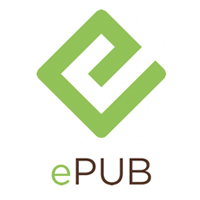
Next Time ...
We will cover the available online publishing options and desktop software, the marketed programs and open source alternatives. Other need tools will be discussed as well.
If there's an epublishing topic you would like to see covered or for questions concerning the subject feel free to contact the author through the Hub.
Article Resource Poll
How useful did you find this article?
The Mind Maze of Publishing
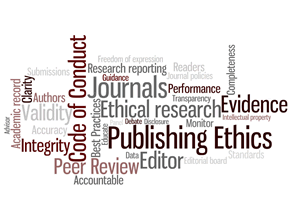
© 2016 Adam Stier


